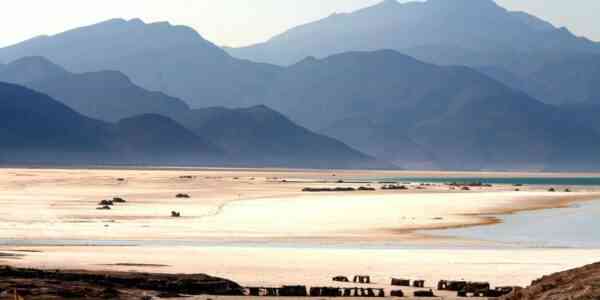Interesting facts about Djibouti is a great opportunity to learn more about East Africa. This is a state that was once a French colony. After gaining independence, the country is trying to develop independently in various areas, but at the moment the state of affairs leaves much to be desired.
Facts about Djibouti
- Djibouti gained independence from France (interesting facts about France) on June 27, 1977.
- The area of the country reaches 23,200 km², with a population of 920,000 people.
- Did you know that in Djibouti about 40% of the population is under the age of 15?
- The local cuisine consists mainly of French and Ethiopian dishes.
- Desert, hot and dry climate prevails in Djibouti: in January the average temperature reaches +26 ⁰С, in July – +36 ⁰С.
- About a third of the population of the state are illiterate people.
- Djibouti receives very little rainfall – 45-130 mm per year. For this and other reasons, forests here occupy an area of only 0.3% of the state.
- An interesting fact is that there are no permanent rivers in the country.
- In the central part of Djibouti, there is an endorheic lake Assal with a salinity of 350%, which makes it one of the most saline reservoirs on the planet.
- Approximately half of the local population lives in the capital, which bears the same name – Djibouti.
- The average life expectancy for a man here is 62 years, while for women this threshold is 5 years longer.
- As of 2018, 1.2% of the country’s population are HIV carriers.
- In Djibouti, 94% of the population professes Sunni Islam, while the remaining 6% are representatives of various Christian denominations.
- In the middle of the 20th century, Djibouti was called French Somalia.
- The official languages of Djibouti are Arabic and French.
